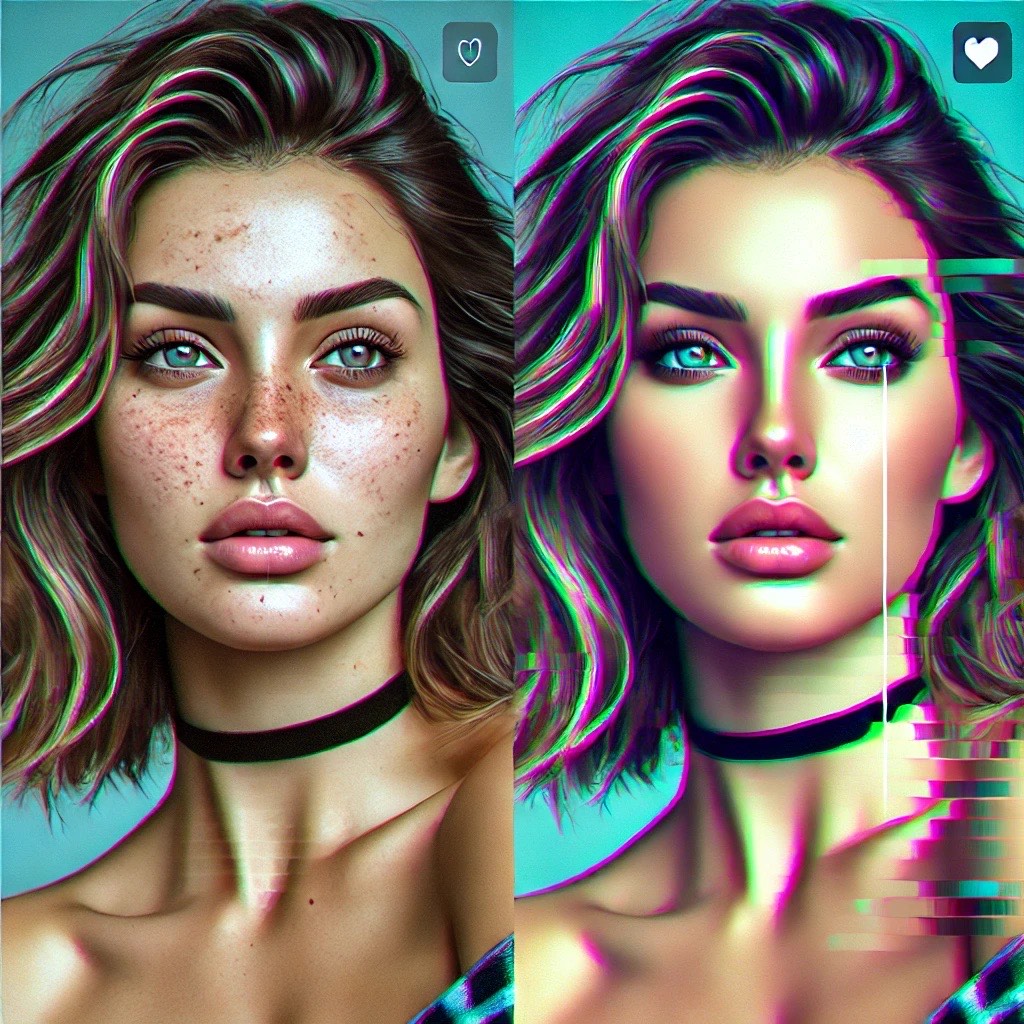“THE DARK SIDE OF FILTERS: HOW SOCIAL MEDIA INFLUENCES OUR SELF-ESTEEM”
In recent years, filters on social media have become a big part of how we communicate online. Platforms like Instagram, Snapchat, and TikTok offer a wide range of filters that let users change their appearance, add effects, or even alter their surroundings. On the one hand, these filters let people express their creativity and have fun; on the other, they raise questions about how they affect how we see ourselves and how we interact with each other.
Let’s start with the positive side: filters can be fun and creative, making content more interesting and engaging. Influencers and content creators, for example, often use filters to make their photos and videos stand out and catch people’s attention. Some filters, like those that add makeup or change the lighting, can even be used as artistic tools. This makes social media a place where users can create and share their own perfect images.
But using too many filters can lead to problems. Changing how we look with filters can create unrealistic ideas about what we should look like. Constantly seeing perfect, idealized images online has led to body dissatisfaction, especially among young people. The pressure to look a certain way is real, and it can cause mental health issues like anxiety and low self-esteem.
Also, the use of altered images raises some ethical questions. Who is responsible for showing a real version of themselves? While filters can be harmless and fun, they can also spread unrealistic beauty standards, especially when they are used in ads or by celebrities and influencers.
In the end, social media filters are powerful tools that can make our digital experiences funnier when used carefully. But it’s important to remember that online images are often carefully edited and don’t always reflect reality.
by VERTA MARIACHIARA
GIADA ONORATO
4 C LICEO SCIENTIFICO
